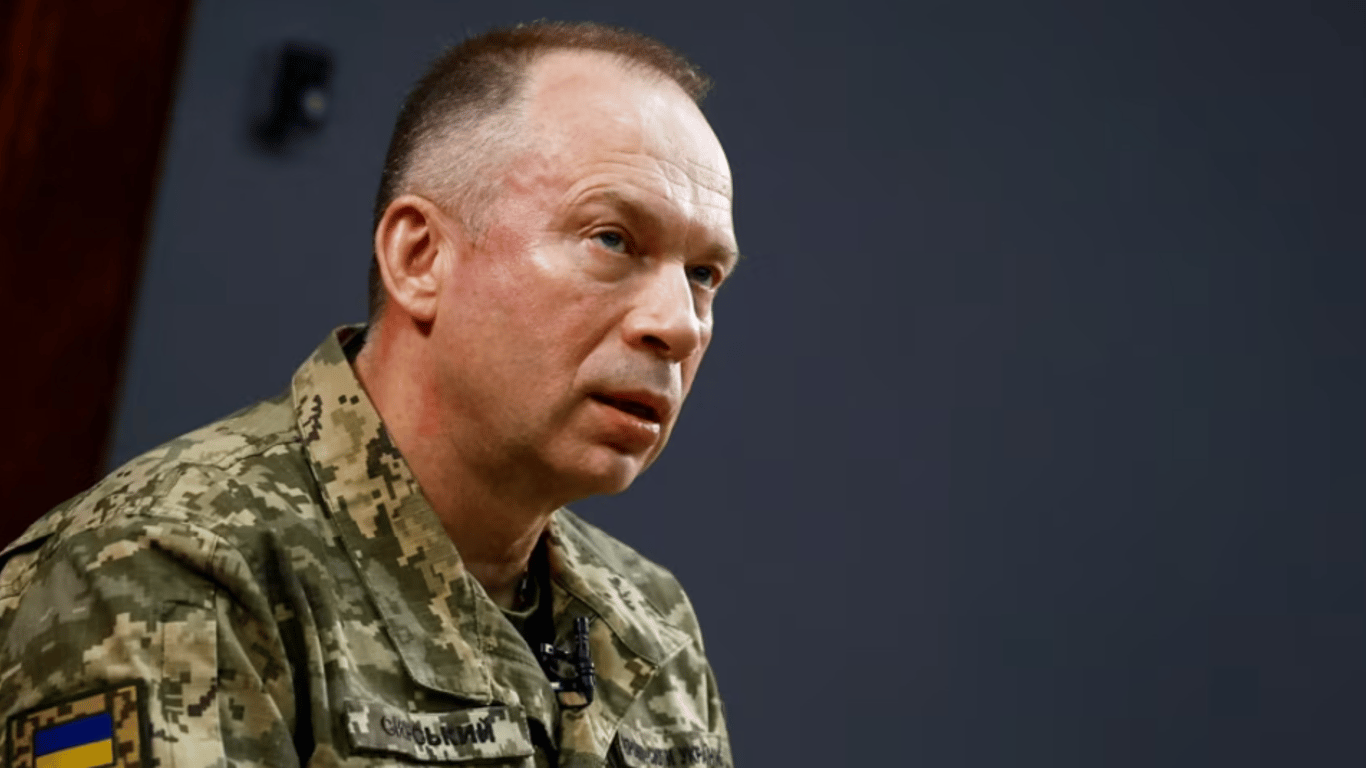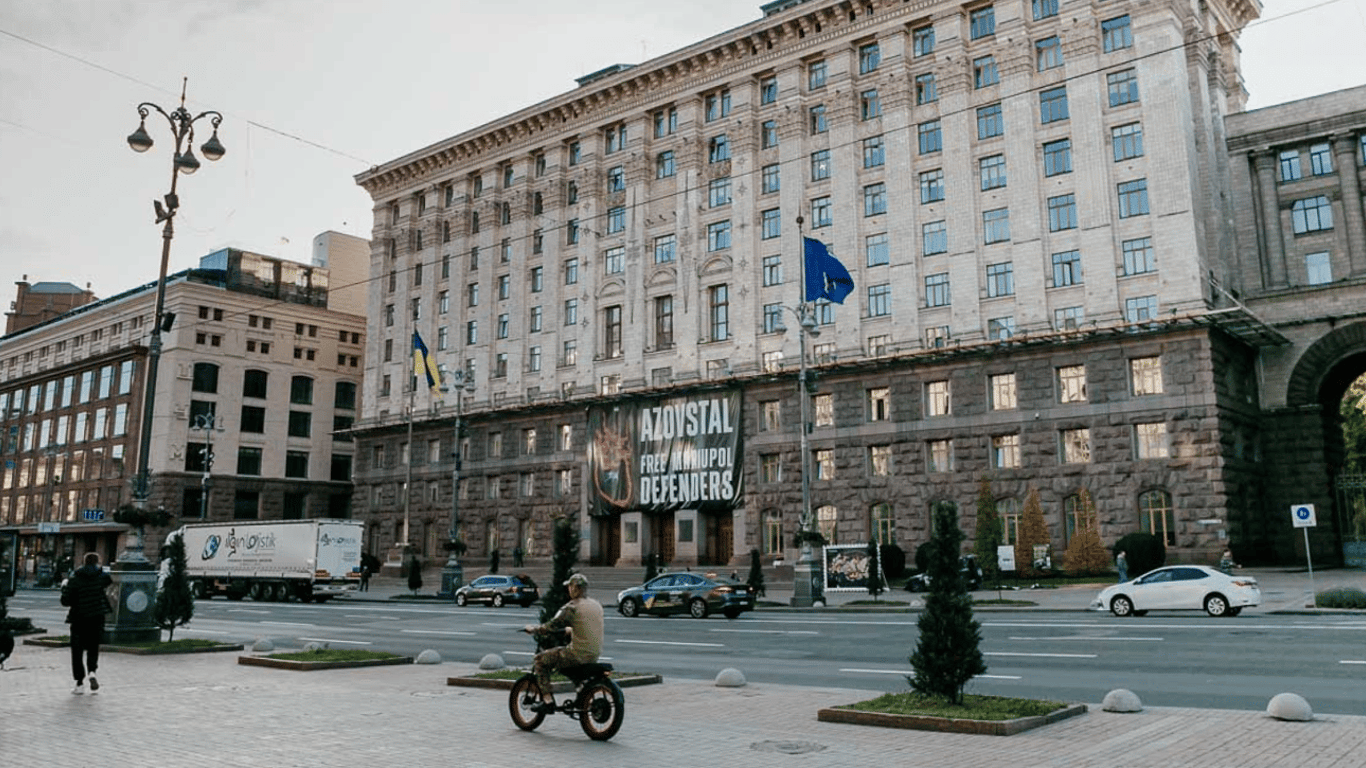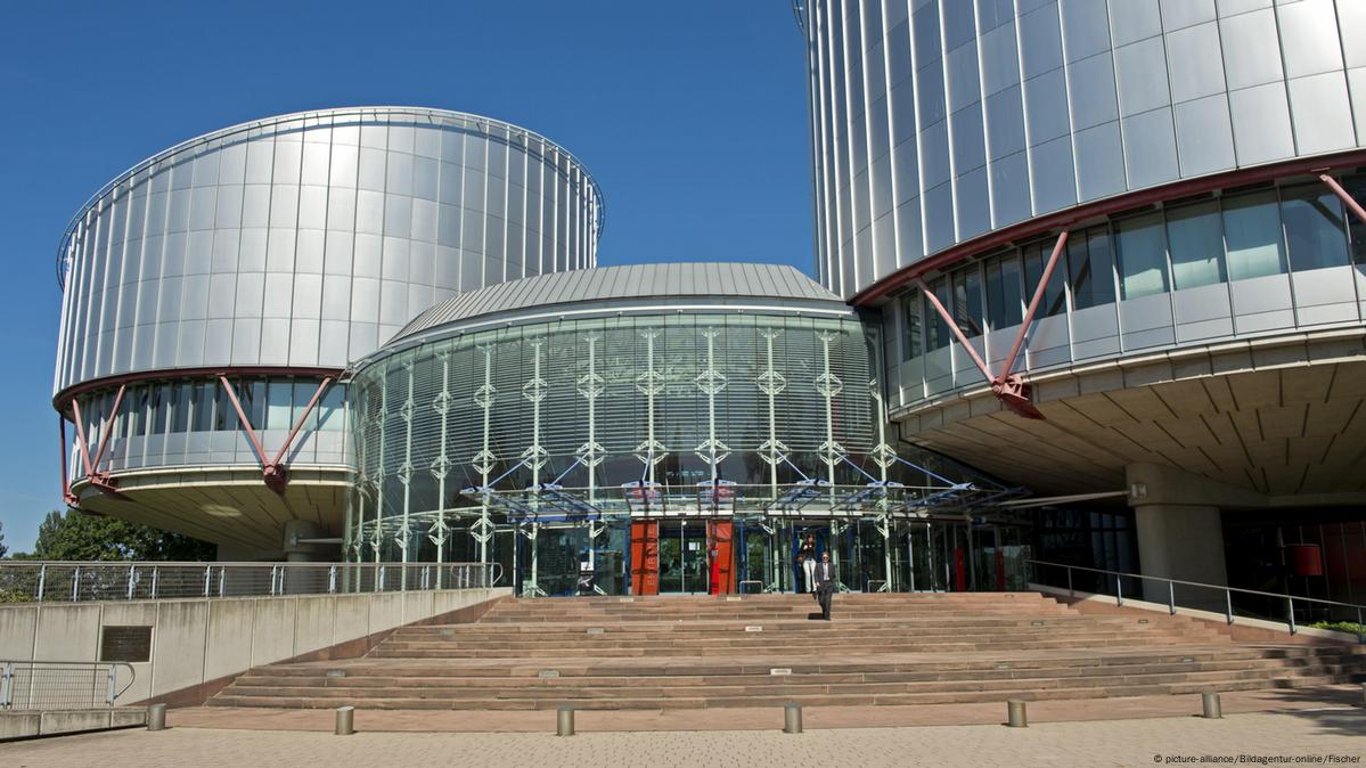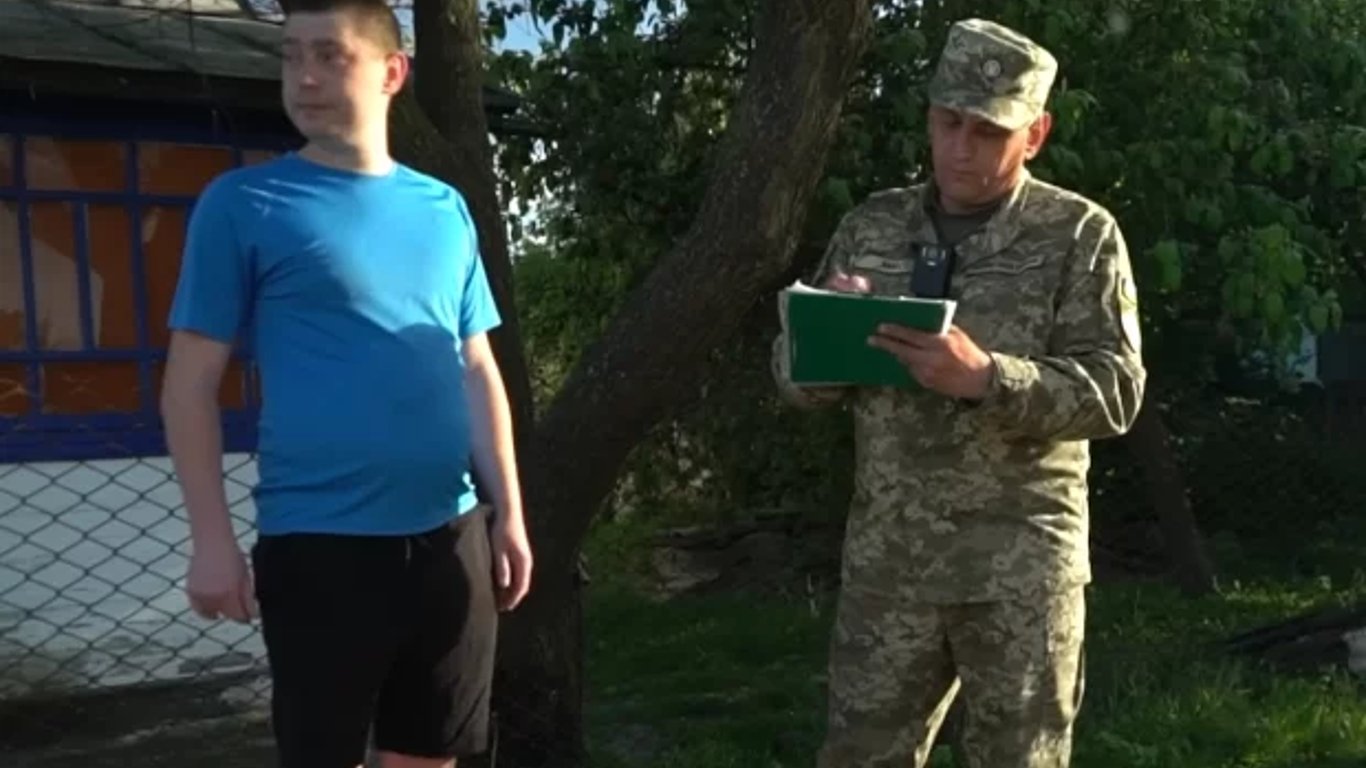In Ukraine, they plan to launch chip production.


The Ministry of Digital Transformation of Ukraine is working on a plan to develop Ukrainian microchip production.
According to information from Forbes Ukraine, the project includes the creation of semiconductor manufacturing with technological standards of 180, 130, and 110 nanometers.
These standards may meet the needs of key sectors of the Ukrainian economy, such as the defense industry, the agricultural sector, and the automotive industry.
The monthly capacity of the new enterprise will be up to 1000 silicon wafers.
The project can be implemented through two options. The first option involves cooperation with a licensor who will build the factory, install the equipment, and launch the production line. The second option is to conduct a government tender to attract a strategic partner.
In both options, the government will provide oversight over the enterprise. Additionally, cooperation with international partners, training Ukrainian specialists abroad, and receiving technical support in exchange for licensing fees are being considered.
Potential candidates for strategic partnership include well-known European and Asian manufacturers. Special attention is also being paid to the development of specialized chips suitable for use in the space industry and resistant to electronic warfare.
Regarding funding, experts' opinions vary. One suggests that constructing a factory under the licensing model could take about 1 billion dollars, while another estimates the necessary expenses at approximately 5 billion dollars.
Read also
- Which BPS forces units are the most successful — Syrsky held a meeting
- Military Officer from Odesa Avoided Service — How He Was Punished
- Kyiv authorities are losing trust - KMDA deputy named the reasons
- The ECHR recognized the genocide of Ukrainians by the Russian Federation - this is a historic decision
- Man avoids mobilization — how the court punished him
- Recommissioning of disability - will the TCK provide a deferment









